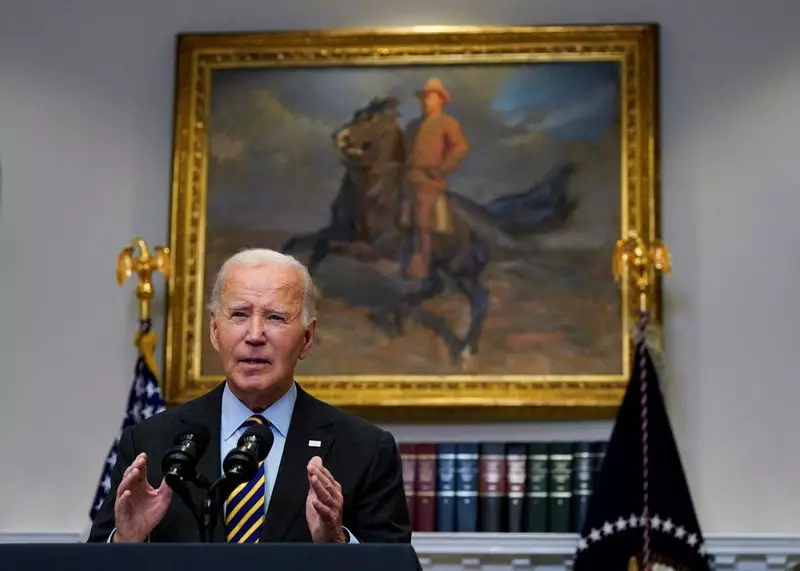In a decisive move to bolster regional security and economic partnerships in the Indo-Pacific, U.S. President Joe Biden convened a virtual summit with Japanese Prime Minister Ishiba Shigeru and Philippine President Ferdinand Marcos Jr. The meeting focused on enhancing cooperation amid escalating tensions in the South China Sea, a region critical for global commerce valued at over $3 trillion annually. As geopolitical dynamics evolve, the significance of this trilateral relationship cannot be overstated.
At the heart of the discussions was the contentious situation in the South China Sea, where China has laid extensive claims contrary to international rulings, notably a 2016 decision from the Permanent Court of Arbitration that rejected these assertions. The United States’ commitment to a “free and open Indo-Pacific” is underscored by Biden’s dedication to supporting allies in the region, emphasizing the necessity for concerted actions against what the White House described as “dangerous and unlawful behavior.”
The strategic importance of the South China Sea is compounded by its function as a vital shipping route, which has been marred by confrontations and heightened military activities in recent years. The unity of the U.S., Japan, and the Philippines in addressing these challenges represents a formidable front against perceived aggressions.
Deepening Military and Economic Cooperation
The summit served as a platform to reiterate the commitment to deepening military cooperation, with particular attention to increased accessibility to Philippine military bases. This initiative aligns with ongoing security engagements that are critical as the region experiences heightened military posturing from China. The trilateral agreement not only represents a military alliance but also a mutual understanding of the economic vulnerabilities that come with dependence on external supply chains.
Additionally, discussions extended to economic collaboration, where the leaders acknowledged the importance of resilient supply chains and the peril posed by disruptions. Notably, Japan’s foreign ministry underscored the necessity for a seamless partnership to reassure both Japanese and American businesses in light of growing protectionist measures.
As Biden prepares to transition power to President-elect Donald Trump, the momentum fostered through this summit highlights a concerted effort to preserve the strategic interests of the allied nations. While the White House statement did not address pending corporate matters, such as Nippon Steel’s controversial acquisition of U.S. Steel—an issue raised by Ishiba—this omission suggests an ongoing reflection on balancing economic policies within the framework of national security.
The virtual meeting among Biden, Ishiba, and Marcos represents more than a mere diplomatic engagement; it embodies a strategic alignment aimed at securing regional stability and fostering economic resilience. As these nations navigate an increasingly complex geopolitical landscape, their cooperative efforts will be crucial in shaping the future of the Indo-Pacific region. A unified approach against common threats, coupled with a mutual desire for economic interdependence, marks a pivotal chapter in their trilateral relations.

